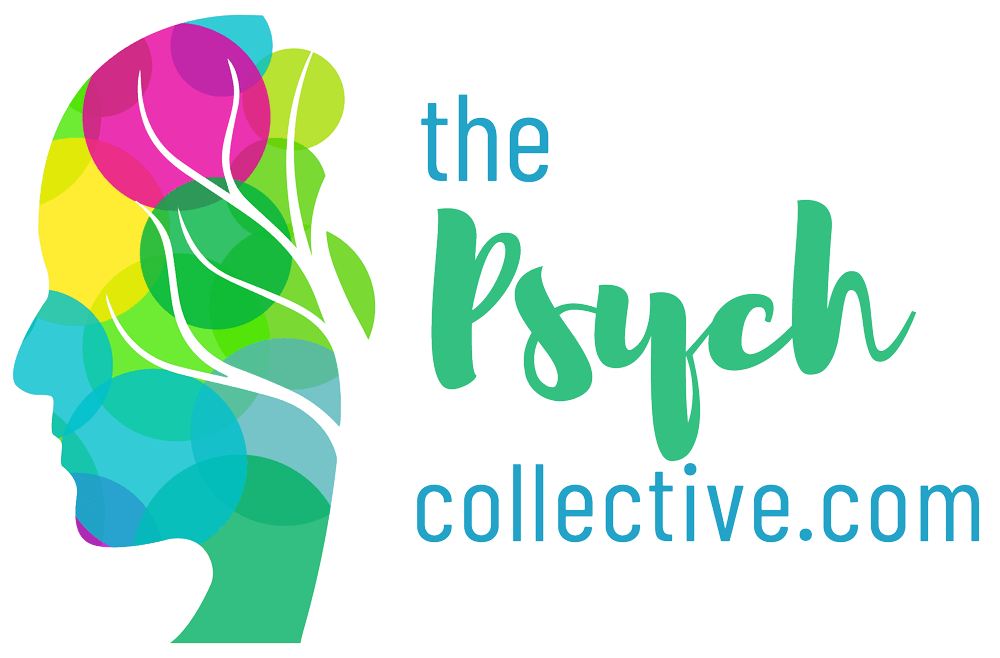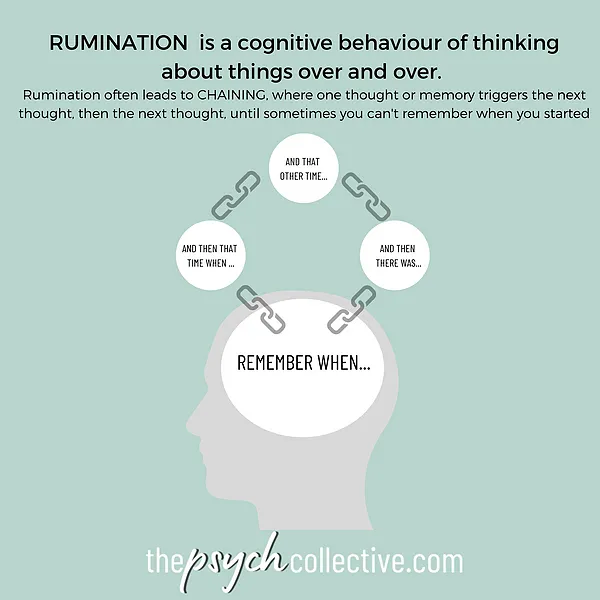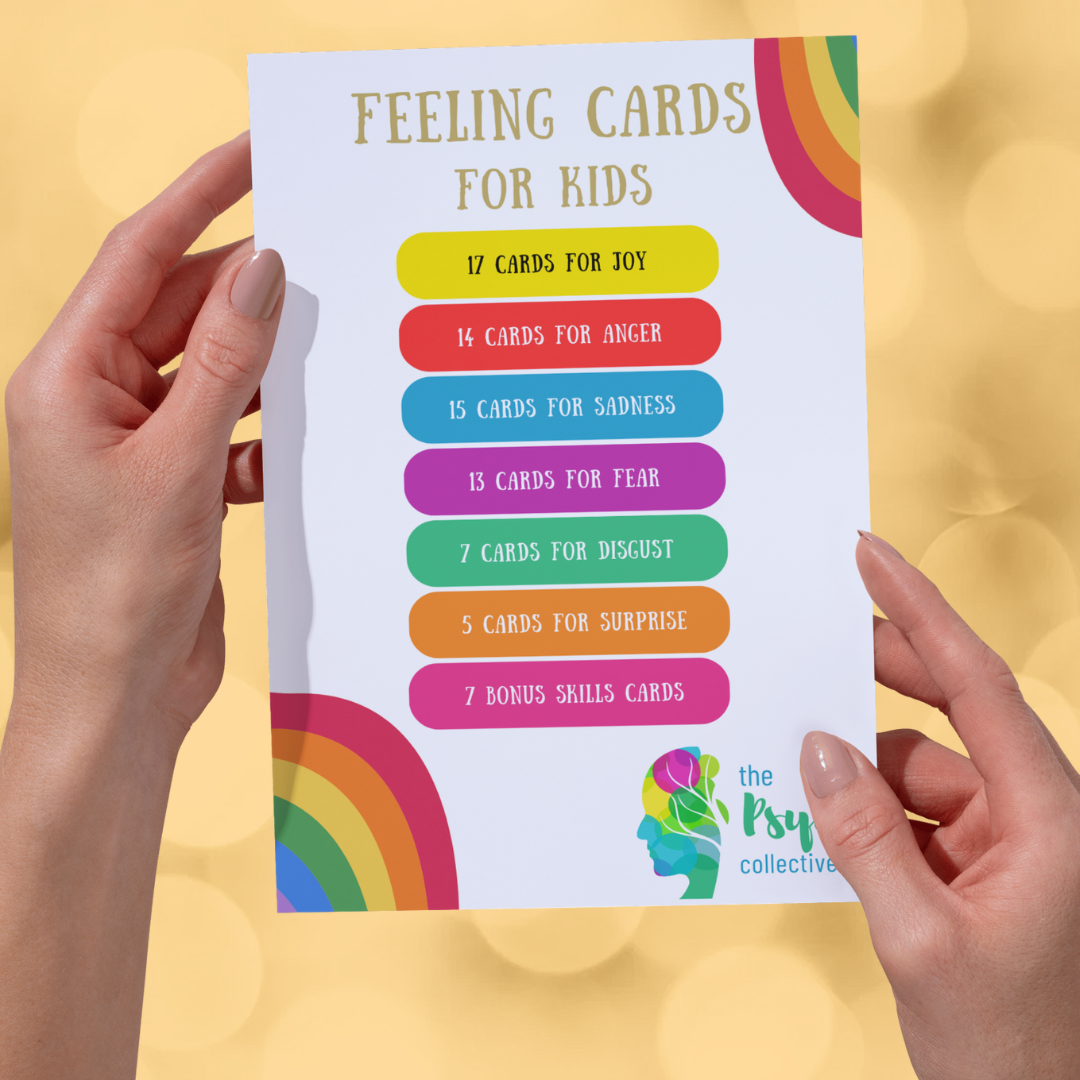Rumination
How often do you find yourself thinking about the same thing over and over? Most people who suffer from depression report doing this all the time. It’s called ruminating. The name for this process of thinking about all the bad stuff that has ever happened, and continuing to dwell on it comes from the Latin word ruminatus and is the same word used to describe cows chewing their cud.
Rumination is actually a behaviour, because it describes the process of thinking, rather than just looking at what you are thinking about (content). It can also include brooding, worrying, obsessing and overanalysing.
Many people seem to believe that rumination is helpful. They will argue that thinking deeply about a problem helps them to understand it better, or that uncovering the hidden meaning helps them understand their true feelings. Some even think that this is the way to get rid of depression. Others will say that if they think about every possible scenario, they will be better prepared. But take a moment to think about how you feel after you have been ruminating for some time, and ask yourself “Is this working?”
The Problems with Rumination
There are three main problems that occur with rumination. Firstly, it doesn’t achieve anything. Ruminating is not the same thing as problem solving. Ruminating about a past mistake or current problem does not change the outcome. Secondly, it makes your depression worse. The continued dwelling on negative thoughts or memories has a negative impact on your mood. Thirdly, it gives you tunnel vision. When you are so focused on the problem, you forget to look at the bigger picture, and therefore struggle to find an alternative way to deal with the issue. When you spend so much time thinking that you are an idiot, you focus on the failure and don’t see the solutions available to you.
How Rumination Perpetuates Depression
Painful things will always happen. From simple things like stubbing your toe to major things like a relationship breakup. However, the way we respond to and process pain will have a significant impact on your experience of depression. We can view pain as coming in two forms: clean and dirty.
Clean pain occurs when we experience something hurtful or stressful, such as an injury, illness, loss or bereavement. These situations create a natural pain response, so naturally we feel bad for a while. There is a clear cause and effect, and then the pain subsides over time.
Dirty pain is something we create for ourselves. It is the suffering that comes from the thoughts that we have about the pain. When rather than allowing the pain to naturally subside, we dwell, ruminate, and obsess over the cause of the pain.
For example, imagine you are sitting on the couch one night watching a movie and you get a call from the black sheep of the family. This person is someone that you don’t really get along with. You have never been close and they don’t quite seem to fit in. When you answer the phone, they start yelling at you. They are accusing you of something you didn’t do and you have no idea what they are talking about. The call ends with them swearing at you then abruptly hanging up. You try to call them back to talk about it, but they won’t answer their call.
What do you do?
Clean pain response: you have the right to be upset. They were abusive and accusing you of something you didn’t do. But, they are someone you have never really gotten along with anyway and you decide that they are just being weird and you go back to watching your movie. Your anger at their behaviour subsides as you refocus on the film.
Dirty pain response: Oh My God how dare they talk to me like that!! You call your mum to tell her about the phone call. You go to bed that night and toss and turn, thinking about how badly you have been treated, how angry you are and how unfair this all is. The next morning when you go to brunch with your friends, it is all you can talk about. It plays on your minds for the rest of the day, resulting in you feeling grumpy and tired.
How to Manage Rumination
Catch Yourself
Before you can begin to change your ruminating behaviours, you need to become aware of when you are doing it. Some clues might be when you are doing something that you think should be enjoyable but you aren’t feeling good about it, or noticing that you feel worse when you spend time alone, or knowing that it takes you ages to get to sleep at night because your brain won’t shut down.
Notice Your Triggers
Start to keep a record of the times when you are ruminating and the effect that it has on you. Notice the situation, the topics of rumination and the consequences of this. There is a monitoring form in the homework section. You may find that you actually have a habit of ruminating at certain times or in certain places.
Set a Time Limit
If you are not sure if you are ruminating or problem solving, give yourself a two minute time limit to think about this. Set a timer on your phone, and at the end of this ask yourself:
- Have I made progress in solving the problem?
- Do I have a better understanding of the problem or my feelings?
- Do I feel less critical or less depressed?
Unless there is a clear yes, then you are ruminating.
Label it
Once you have recognised that you are ruminating, acknowledge it out loud. Say “This is ruminating and this is unhelpful”. Use that to create momentum to make a change.
Cue to Action
Once you have noticed that you are ruminating, you can use this to cue an alternative action. If you notice that you often ruminate in the car, then create a playlist of music that you can sing along to for distraction. If you find that you get stuck on the couch throughout the day ruminating in front of the TV, then plan activities that get you moving or engaging with other people. Break the habit of ruminating by changing your routine.
Mindful Participation
Mindfulness is more than just breathing. If you are struggling to stay focused, and find yourself slipping back into rumination, then use your mindfulness skills to help you concentrate. Engage your five senses and become fully aware of one specific activity, like having a shower, knitting, making a cup of tea, colouring in, going for a walk, driving, or even doing the dishes.
Thought Defusion
Using a script like “leaves on a stream” can help you to learn to tolerate the negative thoughts you are experiencing, without the need to engage with the thought.
Share
Categories
About Our Resources
We offer actionable resources and teach real skills to help people make meaningful change in managing mental health issues through different modes depending on people's learning preferences including infographics, text, worksheets, handouts and video.













